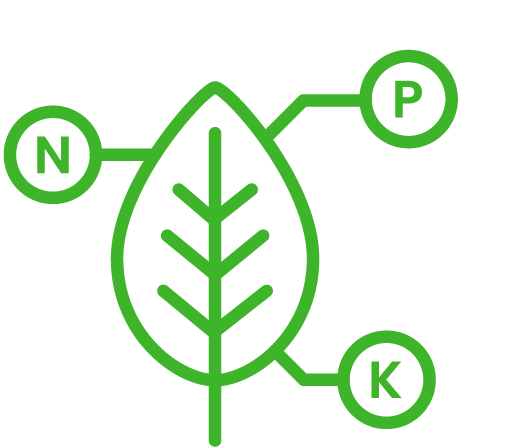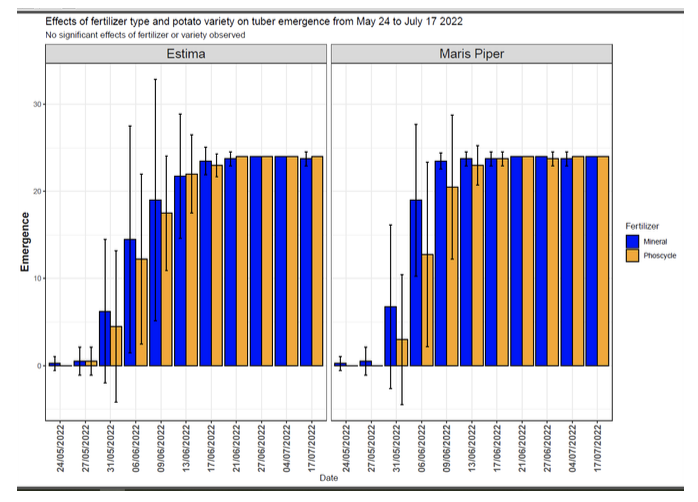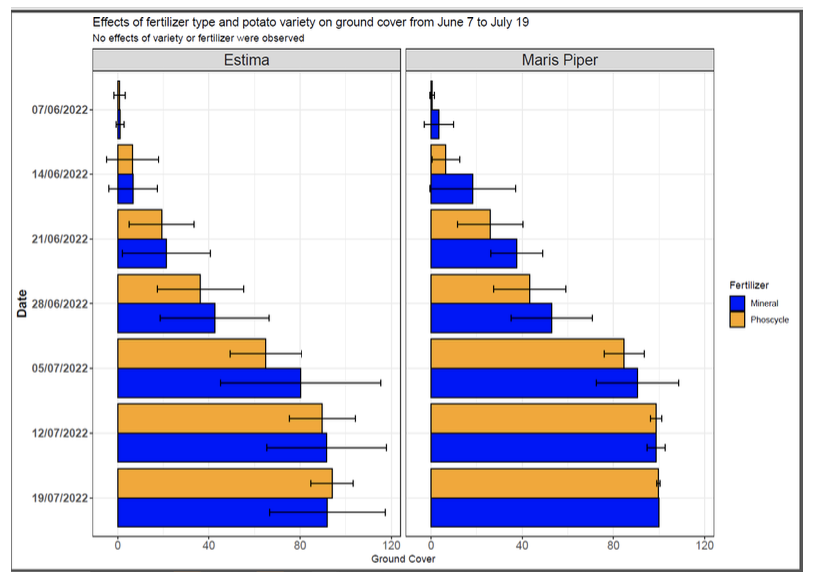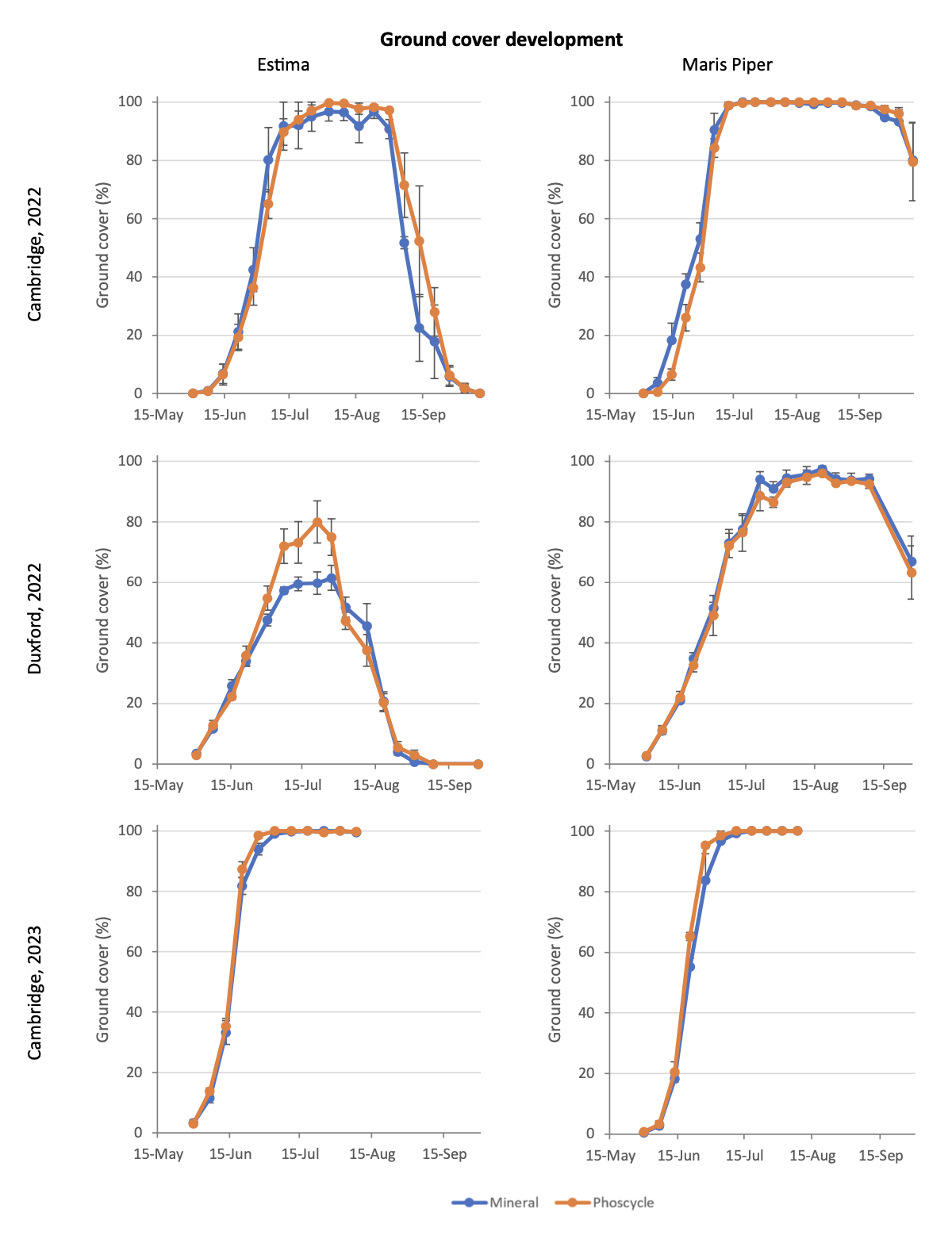Transforming Expired Fire Extinguishing Powder into Sustainable Growth.
Disposal Solutions.
Empowering the Waste Industry with an Eco-Friendly and Economical Solution for Expired ABC Powder Disposal from Fire Extinguishers
Liquid-Fertilizer.
We offer discerning farmers an environmentally responsible, carbon-neutral NPKS liquid-fertilizer
Expired ABC Powder Disposal Solution.
Our solution reduces the current harmful process of filling landfills with the unrecyclable product.

Liquid Fertilizer.
We have partnered with Tesco on their ‘Greener Greens’ trial with an aim to cut emissions, improve food security, and reduce costs for our farmers.

Your Sustainable Path to Lowering Your Carbon Footprint.
Phos Cycle fertiliser is designed to be one the cleanest nitrogen phosphate and sulphate containing liquid fertilisers commercially available today. It is currently the lowest possible carbon footprint fertilizer of its kind on the market.

NPK+S values:
N: 5
P: 7
K: 0
S: 9

Benefits:
In comparison to using any conventional mined fertiliser, using Phos Cycle Fertilizers drastically reduces the carbon footprint of user operations and of their resulting produce, while obtaining equal yields (NIAB, 2022 trials).
Embrace sustainability:
Our fertilisers are derived from ABC powders in expired fire extinguishers which would otherwise be landfilled or illegally dumped and pollute our environment.
Phos Cycle Fertilizers are excellent for use at the planting stage of a wide variety of crops

Crop Data.
Below, we present trial data on Potato crops. For trial data on other crops, please get in touch.

Figure 1
Impact of fertiliser type on Tuber Emergence for two potato varieties; Estima and Maris Piper.

Figure 2
Impact of fertiliser type on potato canopy development, expressed as percentage ground cover for two potato varieties (Estima and Maris Piper) in three experiment, over two years.

Figure 3
Impact of fertiliser type on potato canopy development, expressed as percentage ground cover for two potato varieties (Estima and Maris Piper) in three experiment, over two years in Cambridge and Duxford.



